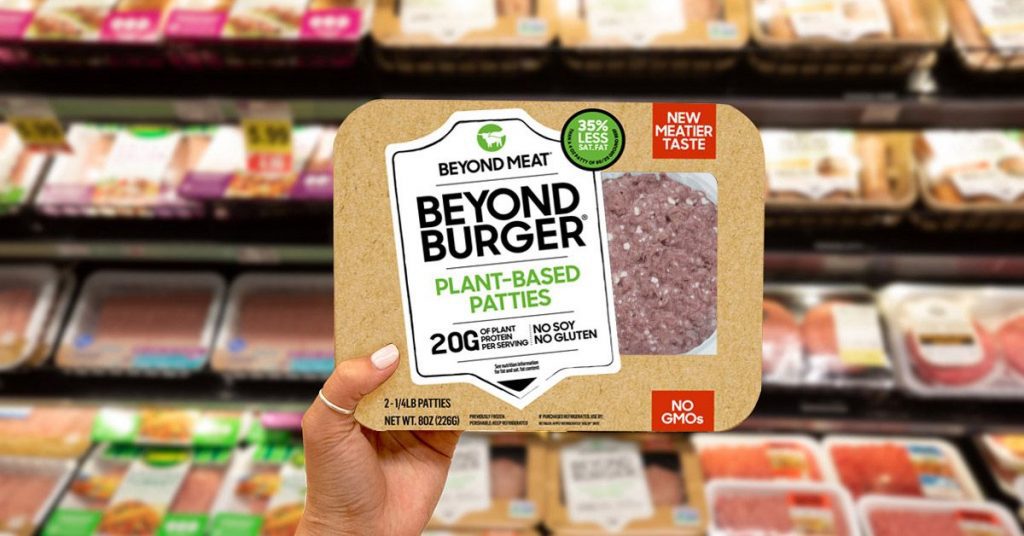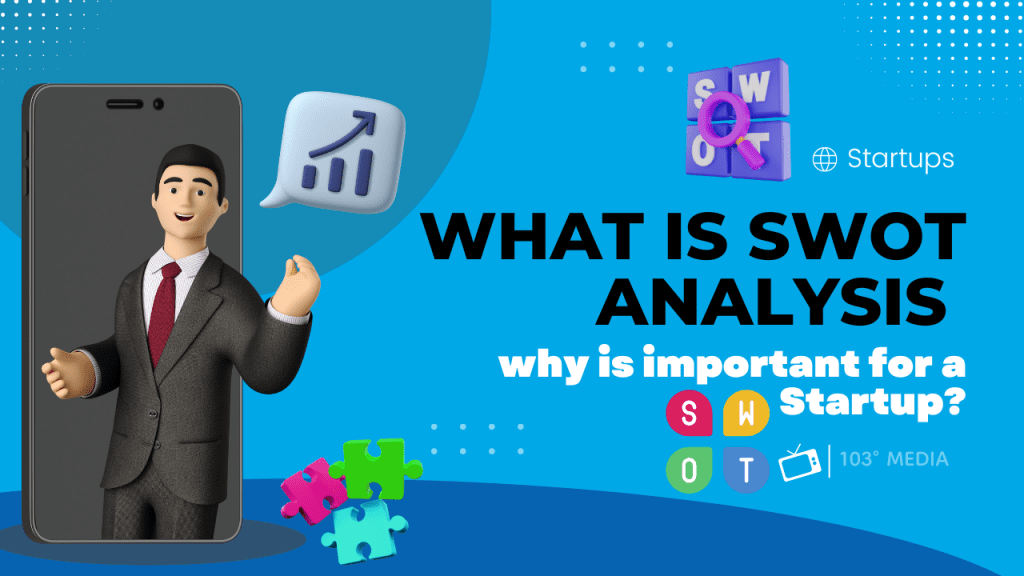When it went public in 2019, Beyond Meat was doing extremely well.
At one point, it was valued at $10 billion or more, despite warnings from The Motley Fool that the company was overpriced. Its fake meat products can be found in a wide variety of restaurants and grocery stores.


The question is, “What happens now?” As all the hoopla is dying down.
The New York Times reports that Beyond Meat’s share price has fallen 83 percent this year despite flat sales.
The company eliminated 200 positions in October or 19% of the workforce.
Four high-ranking employees left the company, including their COO, who was accused of biting a man’s nose during an altercation.
According to The Wall Street Journal’s interviews with former and current employees, Beyond Meat CEO and co-founder Ethan Brown rushed projects and disappointed customers.
But it’s not just Beyond Meat: in October, Brazilian meatpacker JBS said it would end its plant-based division, and Kellogg’s Morningstar Farms has seen declining sales, reportedly due to supply chain problems.
Also:
- In a time of rising prices, fake meat alternatives are rarely a better value than real meat.
- Ads from the meat industry often claim that their product is healthier because it is more sustainable, but this isn’t always the case.
In the United States, where only about five percent of the population is vegetarian, meat consumption has also taken on an oddly partisan tone.
Cracker Barrel was called “too woke” when they started selling a vegan sausage.
Cheaper frozen products may be the best bet for alternative meats, especially when compared to more expensive, fresh alternatives like fake chicken or pork.
Meanwhile, the Food and Drug Administration has just given its blessing to the first cultivated meat in the United States, cell-based chicken from Upside Foods.




